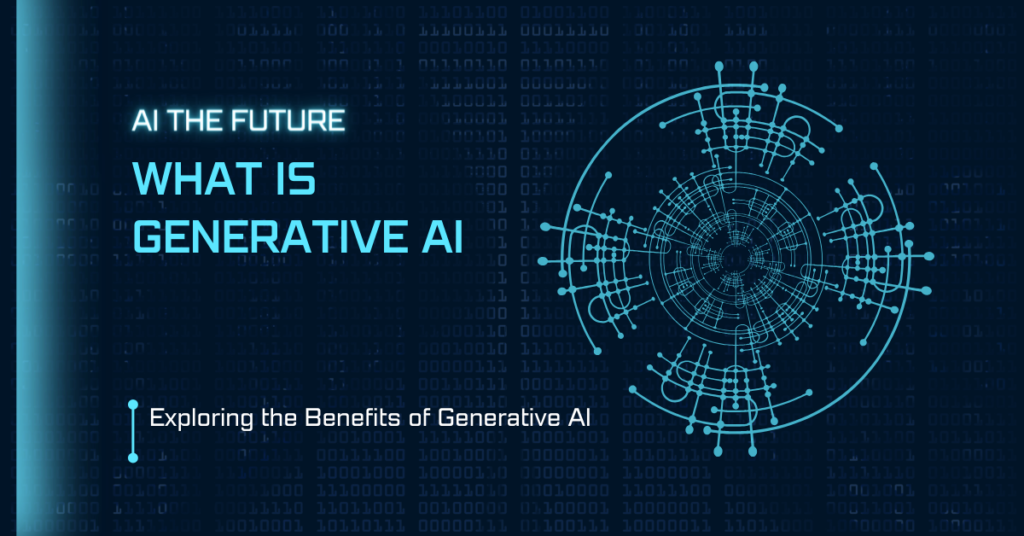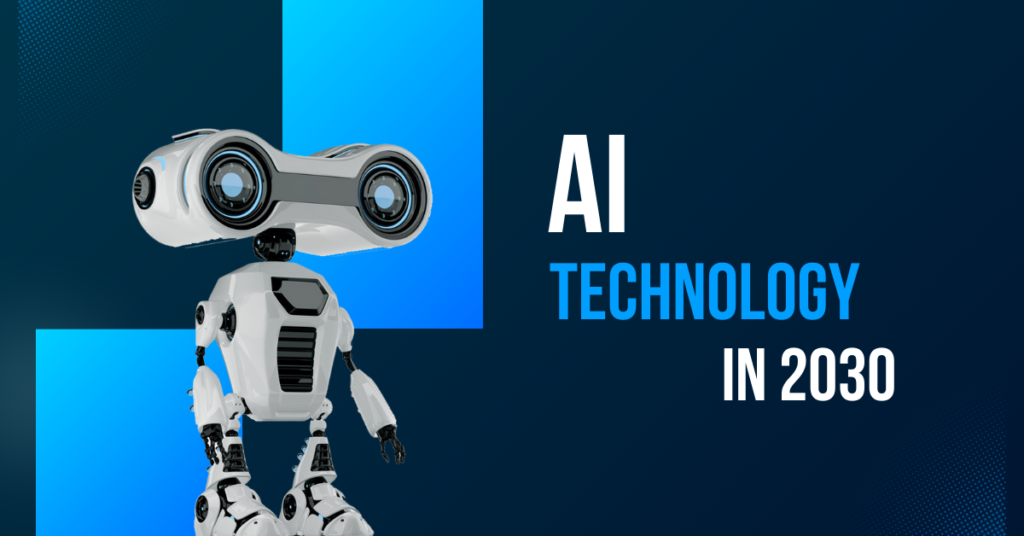Artificial Intelligence (AI) is revolutionizing various industries, with healthcare being a significant beneficiary. Among the most transformative areas in healthcare is mental health. With an increasing global demand for mental health services, AI offers innovative solutions to improve accessibility, diagnostics, and personalized treatment. However, along with its benefits, AI in mental health also brings certain challenges, particularly in ethics and privacy.
In this blog, we will delve into how AI is reshaping mental health care, discuss the associated risks, and explore the future of AI-driven solutions in mental health.
1. Improved Access to Mental Health Care
Access to mental health care remains a significant global challenge, particularly in underserved or rural regions. AI helps bridge this gap by offering digital mental health tools like AI-driven chatbots and virtual therapy apps. These tools provide real-time mental health support, reducing the need for in-person consultations and making care accessible to a broader population.
AI-Driven Chatbots for Mental Health Support
Platforms like Woebot and Wysa use AI to offer Cognitive Behavioral Therapy (CBT) and monitor users’ emotional well-being. These platforms are designed to engage in text-based conversations, offering real-time responses to users experiencing stress, anxiety, or depression. By leveraging AI, these tools provide mental health support on-demand, 24/7, directly through smartphones.
For more on how AI-driven platforms are revolutionizing mental health, visit AI Chatbots in Healthcare.
2. AI in Diagnostics and Treatment
AI’s ability to process complex data patterns helps clinicians detect mental health conditions more accurately and quickly. AI systems can analyze patient language, mood, and behavioral patterns, identifying early signs of conditions like depression, PTSD, and anxiety.
AI-Assisted Diagnostics
By evaluating subtle indicators—such as voice tone, speech patterns, and word choice—AI can highlight potential mental health issues that may not be apparent to human clinicians. For instance, DxR Clinician uses AI to assist mental health professionals in accurately diagnosing mental health conditions, reducing the chances of misdiagnosis and ensuring timely intervention.
To explore more about AI’s role in mental health diagnostics, check out AI Tools in Mental Health Diagnosis.
Personalized Treatment Plans
AI can analyze large datasets to tailor treatment plans to individual needs. These tools continuously track behavioral changes, helping professionals make data-driven decisions in real time. With this kind of support, therapists can better predict the likelihood of relapses and adapt treatment approaches accordingly.
3. Enhancing Therapeutic Models
AI’s ability to analyze patient data and offer real-time insights during therapy sessions is transforming traditional therapeutic models. Hybrid therapy models, where AI supports human therapists by automating routine tasks and analyzing patient language and mood, are becoming increasingly popular.
Hybrid Care Models
In these models, AI assists by tracking the patient’s emotional state and offering insights to therapists, allowing them to focus on more complex aspects of therapy. AI can also streamline administrative tasks, like scheduling appointments or tracking therapy progress, improving efficiency.
However, AI cannot replace human empathy and the personal connection necessary for successful mental health treatment. Therapists continue to play a central role, particularly in offering emotional support and reading body language during face-to-face sessions.
For more on hybrid care models, visit AI’s Role in Hybrid Therapy.
4. AI and Mental Health in Crisis Intervention
AI tools are increasingly being used in crisis intervention scenarios. These tools can identify signs of suicidal ideation or distress by analyzing text and speech patterns. AI-powered platforms can proactively detect risks and alert mental health professionals or crisis teams, providing timely intervention.
AI for Suicide Prevention
AI algorithms can monitor social media, text messages, or even voice calls to detect early warning signs of distress. Platforms like Crisis Text Line use AI to analyze the language of people in crisis and alert counselors when high-risk individuals are identified.
This type of proactive intervention allows mental health services to offer help before situations escalate. AI-based crisis intervention tools have the potential to save lives by identifying individuals at risk well before they reach a critical stage.
For more on AI in crisis intervention, check out AI in Suicide Prevention.
5. Ethical and Privacy Concerns
The increasing use of AI in mental health care raises essential ethical and privacy concerns. AI systems often collect sensitive information about users, including their emotions, behaviors, and private conversations. Protecting this data from misuse and breaches is critical.
Data Privacy and Security
Mental health platforms must adhere to strict regulations, such as the Health Insurance Portability and Accountability Act (HIPAA) in the U.S. and the General Data Protection Regulation (GDPR) in Europe. These guidelines ensure that AI systems manage patient data responsibly.
To avoid misuse, AI developers and mental health professionals need to implement robust data encryption measures and transparent practices regarding data collection and storage.
For more about ethical concerns in AI, visit Ethical AI in Healthcare.
6. The Future of AI in Mental Health
The future of AI in mental health looks promising, as it continues to enhance access, diagnostics, and personalized care. As AI technology evolves, we can expect to see more sophisticated tools for early intervention, as well as hybrid models that allow AI to assist therapists in providing more effective care.
AI for Long-Term Mental Health Care
In long-term care, AI can continuously monitor a patient’s emotional and mental health, identifying trends that may signal a relapse or mental health crisis. By using predictive analytics, AI will help therapists intervene earlier, improving patient outcomes.
AI is also expected to help clinicians manage large caseloads more effectively, providing them with insights into which patients need immediate attention. This kind of support will make mental health care more scalable and responsive to individual patient needs



